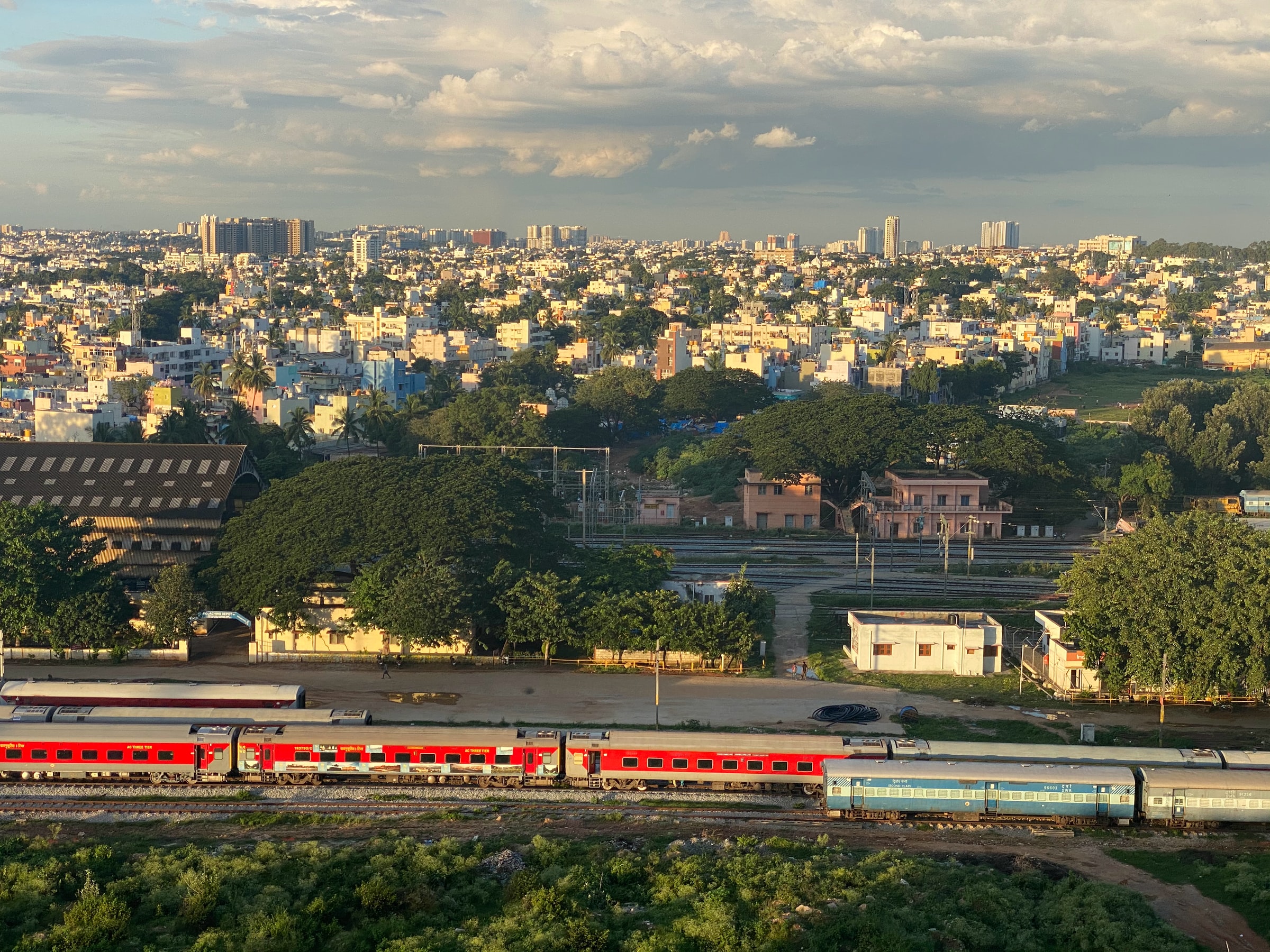Human Settlements and Climate Change
Course Name: Human Settlements and Climate Change
OCW type: Course
Higher Education Institution: School of Planning and Architecture (SPAV), Vijayawada

Description of course
Aim: To study human settlements in climate change perspective and understand strategies for adaptation and spatial planning tools for mitigation of GHG emissions.
Course Objectives: This course shall pave the way to explore the concepts and theories of human settlement and climate change related studies.
Learning Outcomes: To estimate urban GHG emissions, risk assessment, vulnerability and adaptation to climate change.
Course Structure
Course Duration: One semester (15-16 weeks) – 48 hours in total
Course Frequency: Every Odd Semester of MEPM, II Year - Elective
Course Format: Course format includes Lectures, Workshops and Short-term Project
Course Content
Prerequisites for participation:
Pre-registration for the courses before the start of the semester.
Course Syllabus:
1. Introduction to Climate Change
Concern, human settlements as a major source of emissions, vulnerability to impacts of climate change, emission paths, strategies, location of settlements, socio-economic characteristics, cultural practices and governance structure, suitable interventions.
2. Climate Risk and Vulnerability in the City
Risk due to climate change, risk assessment, impacts due to flooding, cyclones and landslides, impacts on infrastructure, urban governance and participation.
3. Urban GHG Emissions
Sectoral emission – residential, industrial, transport, waste disposal, reducing emissions and urban carbon footprints, carbon trading and other alternatives
4. Climate Change Mitigation and Low-Carbon Cities
Energy efficient approaches, Urban climate governance, transportation and energy systems for the future, land-use planning and compact cities, future and smart cities, reducing the urban heat islands, protecting urban water systems from climate change risks.
5. Adaptation – Towards Climate Resilient Cities
Includes climate change adaptation – migration as adaptation, climate change experiments and alternatives, Climate change, Vulnerable Regions and Groups – Tropics, farmers, gender, children, poor and migrants.
Course Assignments: Reading materials on energy studies in planning.
Expected time spent on course:
Time spent in hours: minimum 48 hours
Time spent in ECTS (European Credit Transfer and Accumulation System): 3 Credits
Course Evaluation
Evaluation Procedure & Criteria:
- Student assignments – Presentation by students – 30% weightage
- Mid semester written examination – Theory – 20% weightage
- End Semester written examination – Theory - 50% weightage